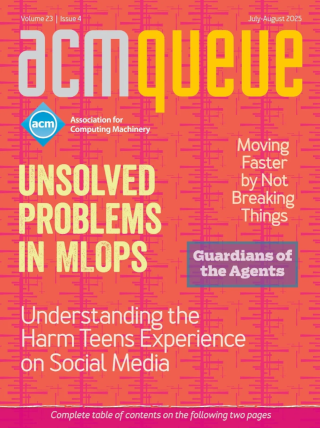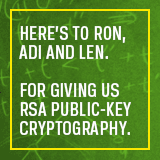
A Conversation with Mary Lou Jepsen:
What’s behind that funky green machine?
From Tunisia to Taiwan, Mary Lou Jepsen has circled the globe in her role as CTO of the OLPC (One Laptop Per Child) project. Founded by MIT Media Lab co-founder Nicholas Negroponte in 2005, OLPC builds inexpensive laptops designed for educating children in developing nations. Marvels of engineering, the machines have been designed to withstand some of the harshest climates and most power-starved regions on the planet. To accomplish this, Jepsen and her team had to reinvent what a laptop could be. As Jepsen says, “You ask different questions and you get different answers.” The resulting machine, named the XO, is uniquely adapted to its purpose, combining super-low-power electronics, mesh networking, and a sunlight-readable screen, which Jepsen designed herself. Although still shy of the “$100 laptop” goal envisioned in the beginning, the XO is still the most inexpensive laptop ever built.
Big Games, Small Screens:
Developing 3D games for mobile devices is full of challenges, but the rich, evolving toolset enables some stunning results.
One thing that becomes immediately apparent when creating and distributing mobile 3D games is that there are fundamental differences between the cellphone market and the more traditional games markets, such as consoles and handheld gaming devices. The most striking of these are the number of delivery platforms; the severe constraints of the devices, including small screens whose orientation can be changed; limited input controls; the need to deal with other tasks; the nonphysical delivery mechanism; and the variations in handset performance and input capability.
Document & Media Exploitation:
The DOMEX challenge is to turn digital bits into actionable intelligence.
A computer used by Al Qaeda ends up in the hands of a Wall Street Journal reporter. A laptop from Iran is discovered that contains details of that country’s nuclear weapons program. Photographs and videos are downloaded from terrorist Web sites. As evidenced by these and countless other cases, digital documents and storage devices hold the key to many ongoing military and criminal investigations. The most straightforward approach to using these media and documents is to explore them with ordinary tools—open the word files with Microsoft Word, view the Web pages with Internet Explorer, and so on.
Powering Down:
Smart power management is all about doing more with the resources we have.
Power management is a topic of interest to everyone. In the beginning there was the desktop computer. It ran at a fixed speed and consumed less power than the monitor it was plugged into. Where computers were portable, their sheer size and weight meant that you were more likely to be limited by physical strength than battery life. It was not a great time for power management. Now consider the present. Laptops have increased in speed by more than 5,000 times. Battery capacity, sadly, has not. With hardware becoming increasingly mobile, however, users are demanding that battery life start matching the way they work. People want to work from cafes. Long-haul flights are now perceived as the ideal opportunity to finish a presentation. Two hours of battery life just isn’t going to cut it; users are looking for upwards of eight hours. What’s drawing that power, and more importantly, how can we manage it better?
Take a Freaking Measurement!:
A koder with attitude, KV answers your questions. Miss Manners he ain’t.
Have you ever worked with someone who is a complete jerk about measuring everything?
Things I Learned in School:
As we continue to develop the new UI for our product, we’ll definitely be using FSMs wherever possible.
How many of us have not had the experience of sitting in a classroom wondering idly: "Is this really going to matter out in the real world?" It’s curious, and in no small amount humbling, to realize how many of those nuggets of knowledge really do matter. One cropped up recently for me: the Finite State Machine.
Understanding DRM:
Recognizing the tradeoffs associated with different DRM systems can pave the way for a more flexible and capable DRM.
The explosive growth of the Internet and digital media has created both tremendous opportunities and new threats for content creators. Advances in digital technology offer new ways of marketing, disseminating, interacting with, and monetizing creative works, giving rise to expanding markets that did not exist just a few years ago. At the same time, however, the technologies have created major challenges for copyright holders seeking to control the distribution of their works and protect against piracy.
Use It or Lose It:
Aphorisms in the abstract
My aphorisme du jour allows me to roam widely in many directions, some of which, I hope, will be timely and instructive for Queue readers. My choice of the French aphorisme is a justifiably elitist affectation, paying homage to Montaigne, Voltaire, Bertrand Meyer, and that cohue d’elegance. The Gallic gargled r (as in Brassens) and the sublime long final syllable, if you get them right, simply drip with class compared with the slovenly sequence of English diphthongs: a-for-iz-um. We tend to treat the terms aphorism and epigram as posh synonyms for maxim, motto, or even saying. They are all characterized by an attempt to condense volumes of wisdom into short, memorable phrases suitable, say, for adorning our college crests, tombstones, or car bumpers.



